Class Action Lawsuit Shines Spotlight on Australia’s Live Export Atrocities
The News
The animals aren’t filing a class action lawsuit against the Australia government, even though they are the real victims. It is the cattle farmers who are doing it.
The Australian government is the live export industry’s most powerful ally, but cattle farmers are suing them anyway in an attempt to recoup the money they lost after a temporary live export ban to Indonesia in 2011. At that time, activists exposed abuses at Indonesian slaughterhouses that were so horrific that public pressure forced the government to take swift action.
Now, the farmers want the government to pay them back for their financial losses, even if it means shining yet another spotlight on the torture inflicted on their animals overseas. The class action was filed just days after Australian media stunned the country with new undercover footage of similar abuses in three Middle Eastern countries.
The new footage, taken by Animals Australia, combined with the cattle farmers’ lawsuit have amplified the battle over live exports, and both sides are digging in their heels. After the damning footage was released, Bill Shorten, a member of Parliament and one the country’s most prominent live export supporters, said “We are seeing that it is possible for increased animal welfare to coincide with increasing export volumes. We see an industry that enjoys more public confidence because we have the best animal welfare system in the world.”
The ruling Labor party is also a staunch advocate and justifies live exports on the grounds that new regulations -, The Exporter Supply Chain Assurance System (ESCAS) – protect the animals by tracing them. Activists, however, say that the regulations are window dressing, as tracing millions of Australian animals from the docks where they are unloaded to their final destinations in the Middle East and Asia is impossible.
On October 30th, one of the few members of Parliament who opposes live exports said that the government protections are an “illusion.”
As the industry and government continue to defend, promote and grow live exports, protests over the past several years have reached a fever pitch.
Because the live export industry is protected at the highest levels of government by both major political parties, ending it is an uphill battle that will only be won when the Australian Labor Party calls for a ban. One Australian activist, who asked to remain anonymous, called for a tourist boycott: “The only thing that will get the attention of the power brokers here is money. A boycott by tourists could make a difference.”
Australia is the world’s largest exporters of live animals, sending hundreds of thousands of cattle and millions of sheep to markets in Asia and the Middle East each year.
Your Turn
Visit Animals Australia to take action.
Send an instant message to the Australian Embassy in Washington, D.C.
Filed under: Food
Tagged with: Australia, cows, live exports, sheep



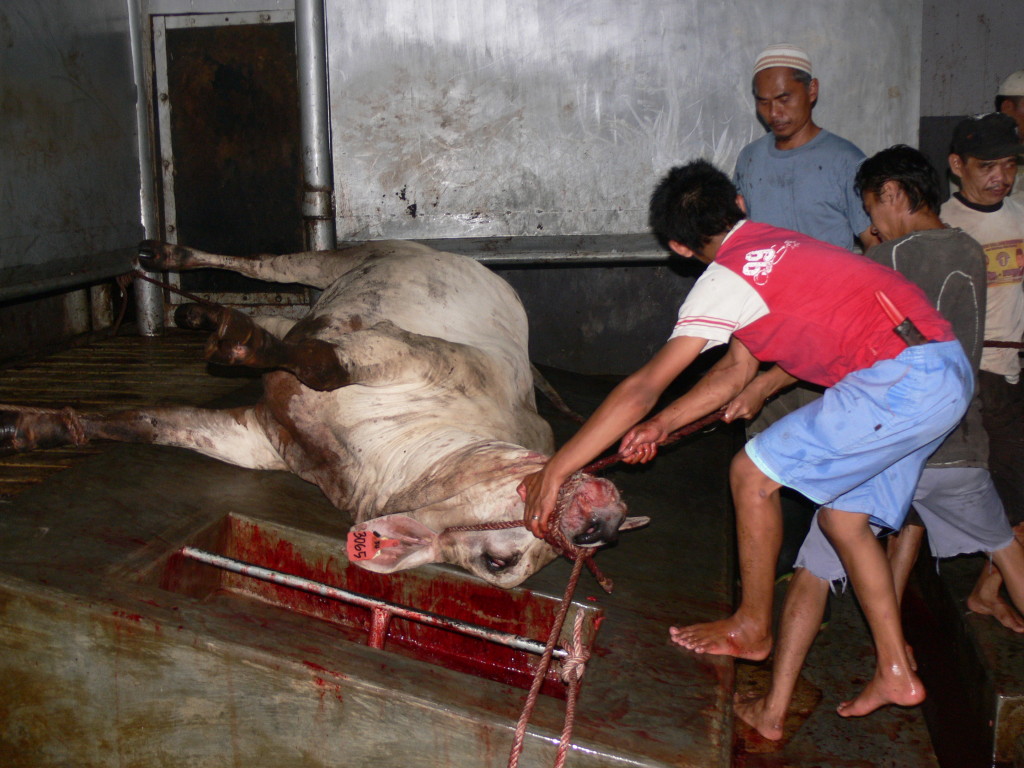
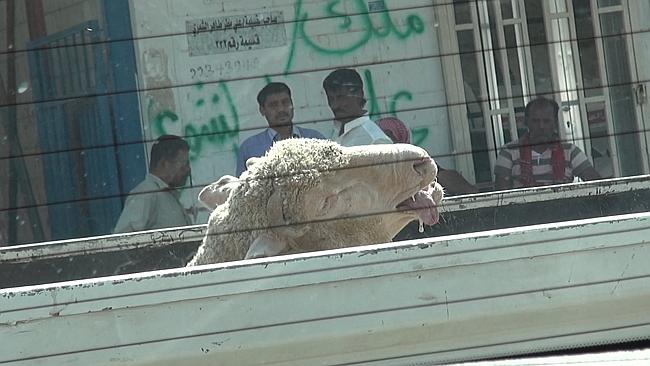

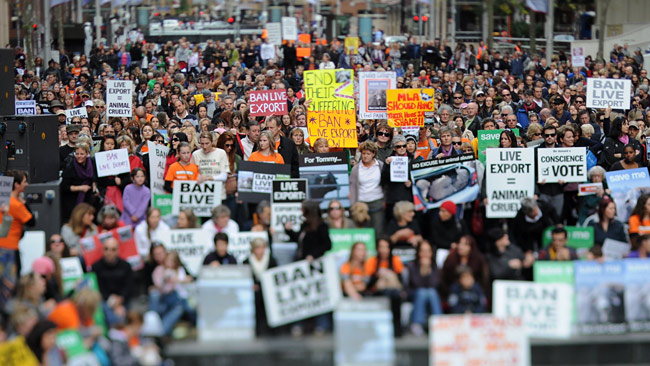
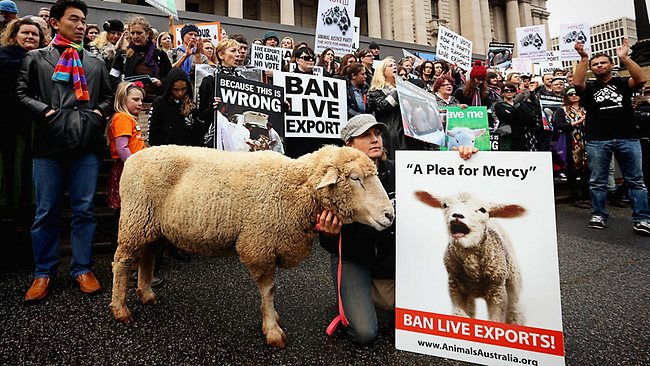
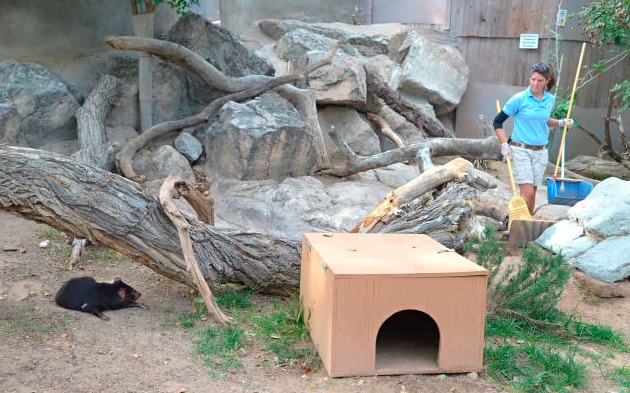
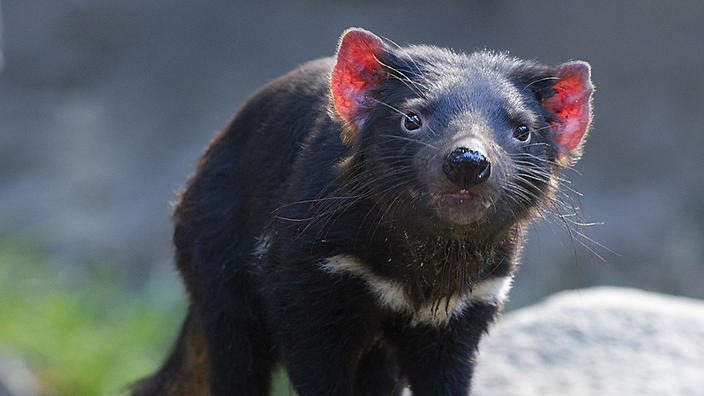
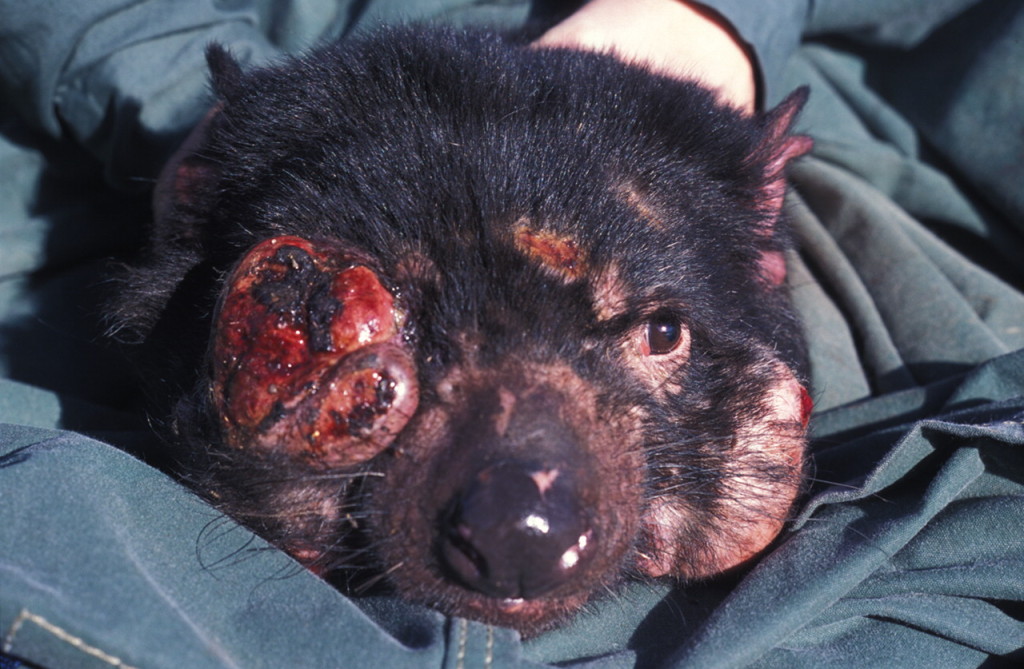
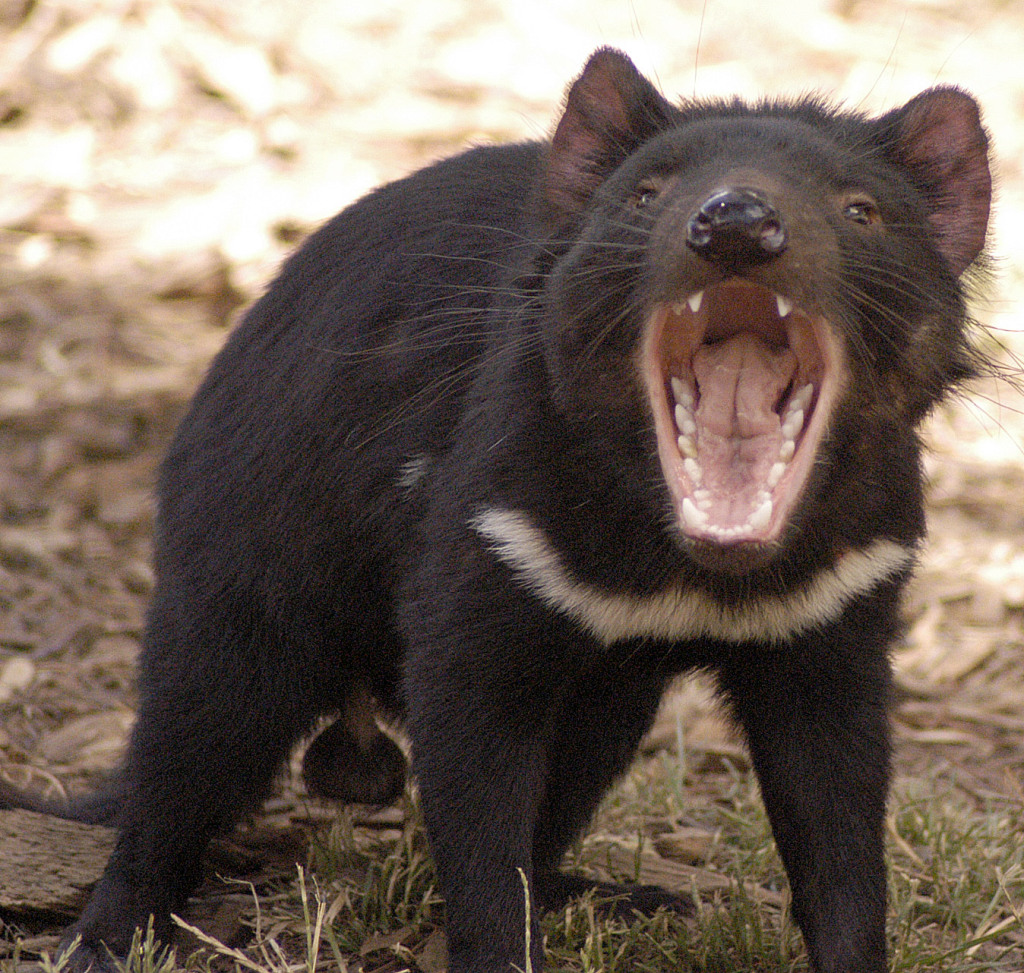
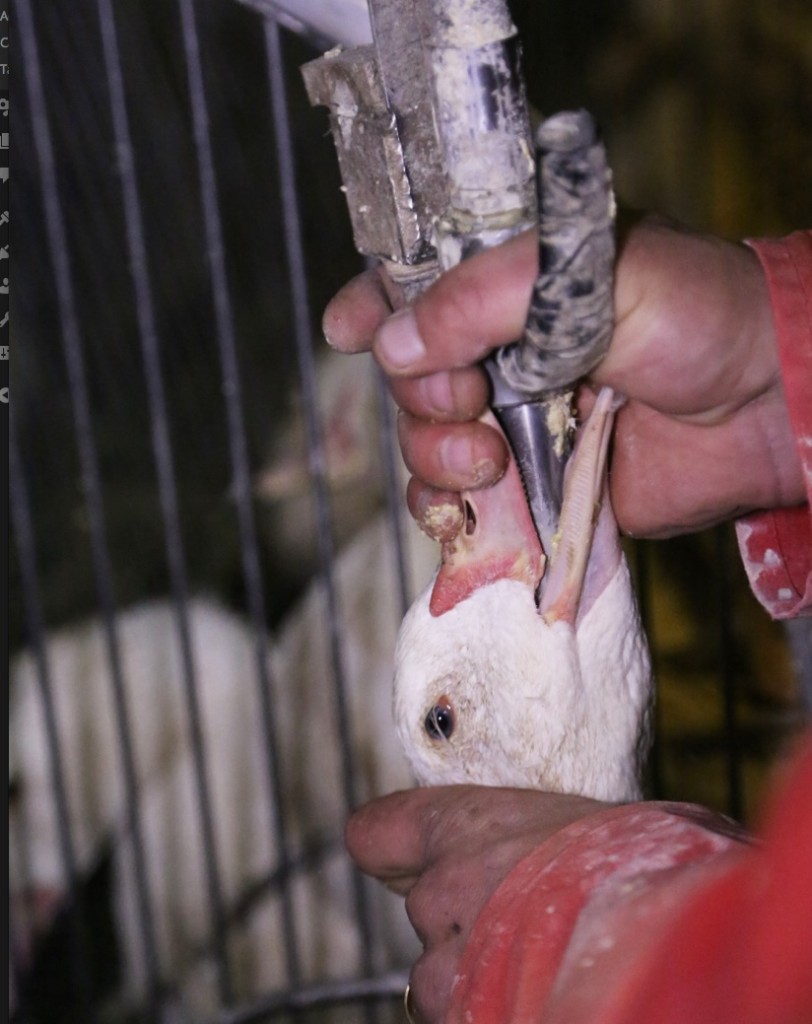
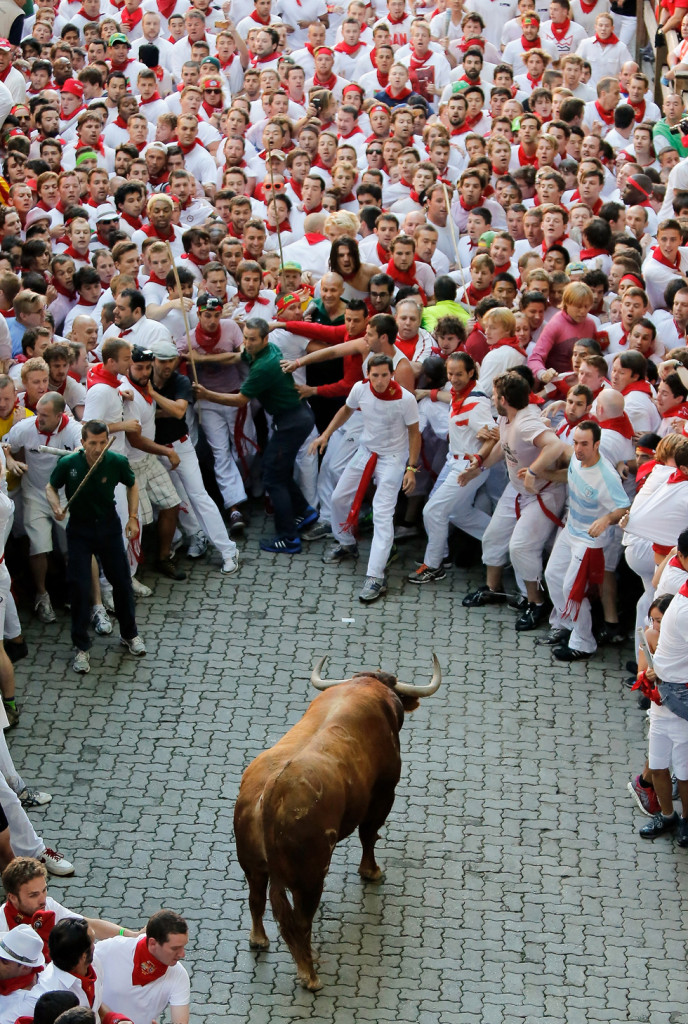
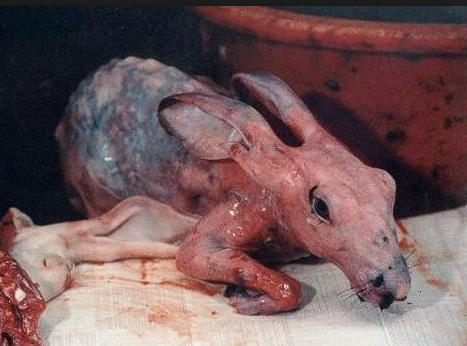
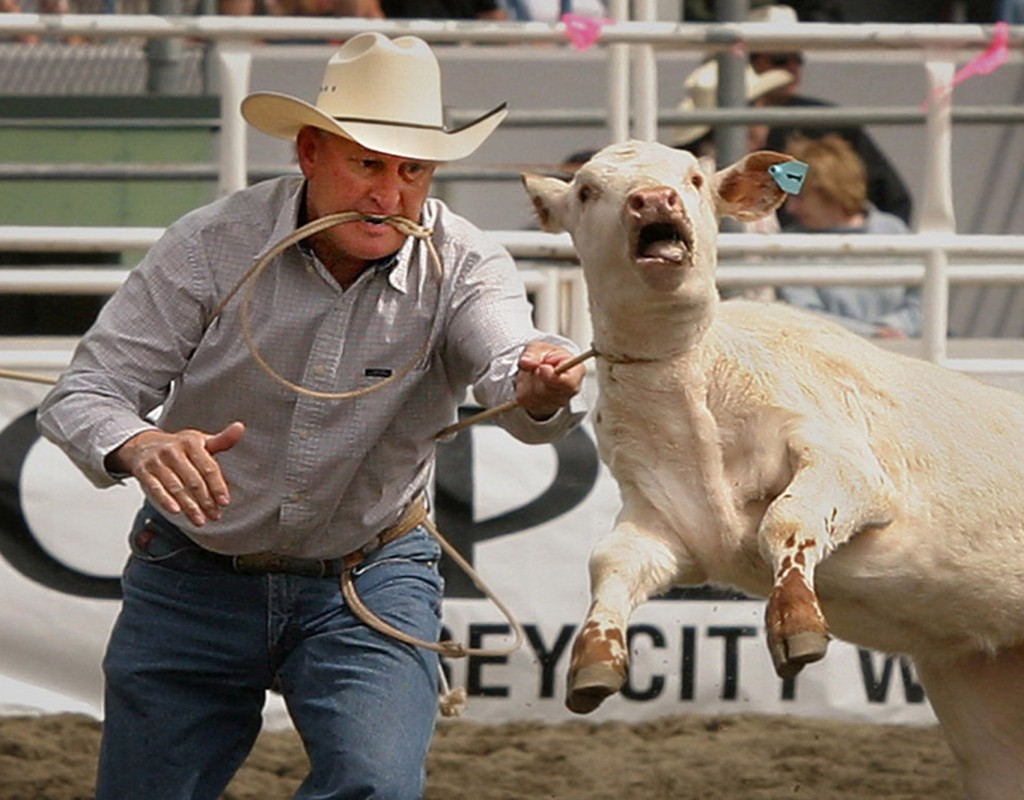


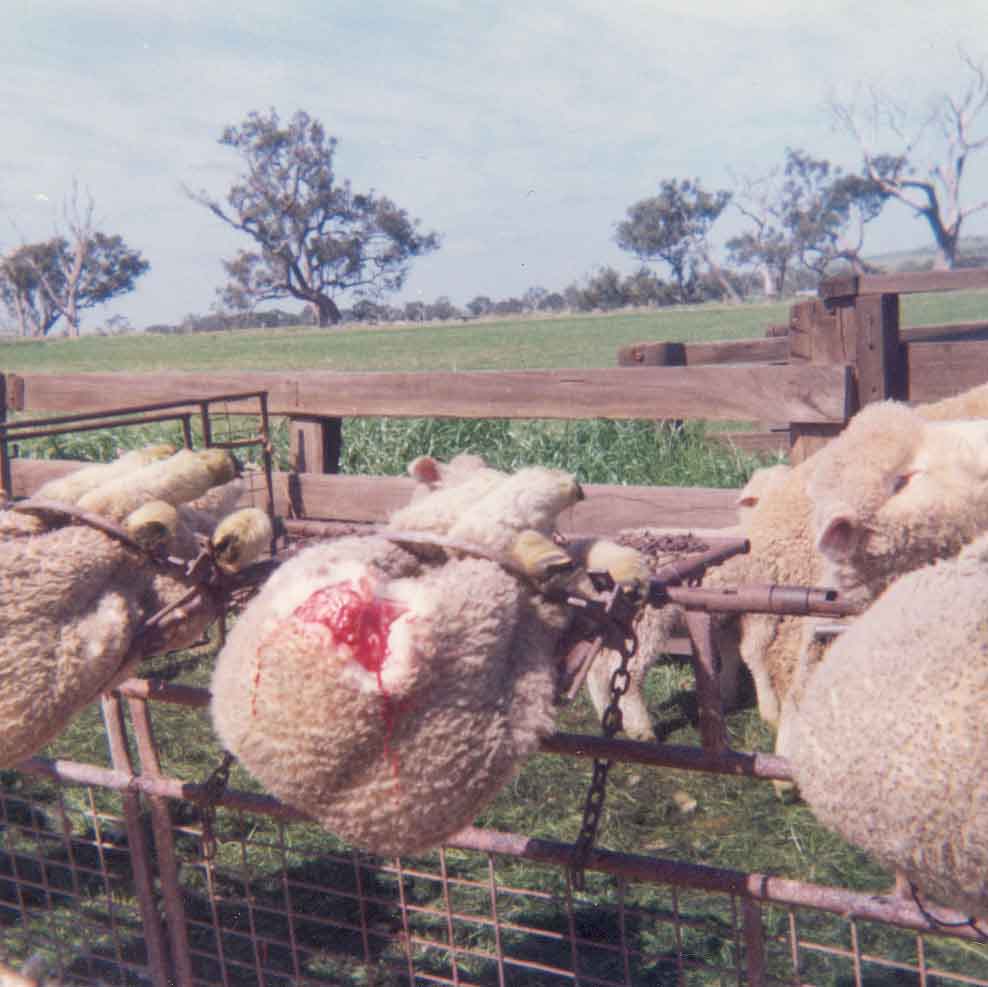
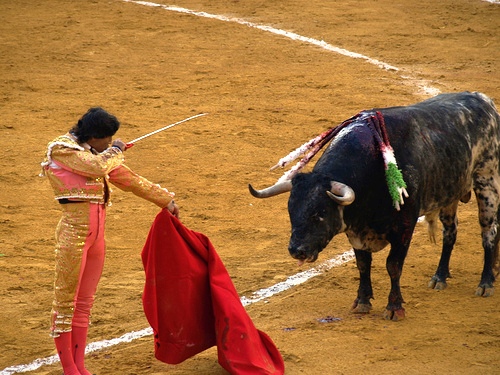
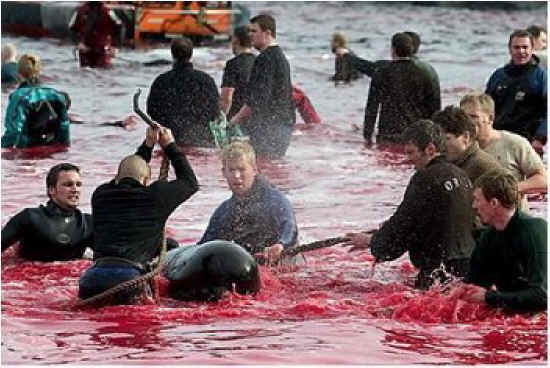



Follow Their Turn